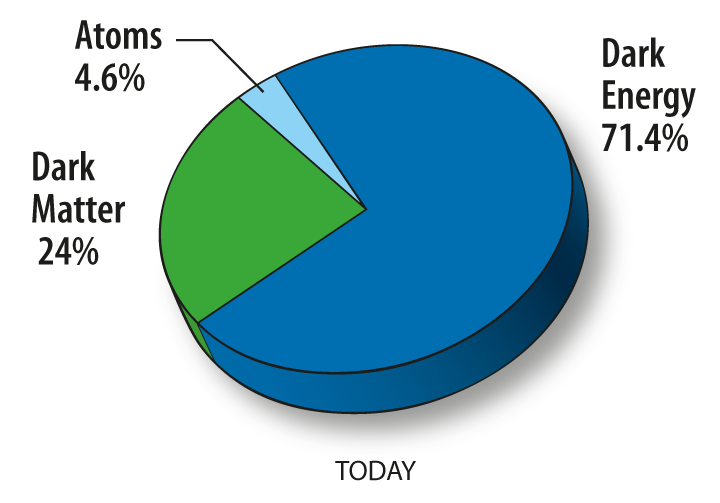We have studied approx 4.6% of normal/ordinary matter in the universe and everything till now we observed are a part of this 4.6%
I always have doubt. this 4.6% include all the matters and energies apart from dark matter and dark energy
4.6% Includes
- Normal matter
- Normal energies (Cosmic, Mass-energy, photon, etc)
- Anti-matter
- exotic matter
- virtual particles


radiation erathere is no matter? $\endgroup$Eg, normal matter can convert to dark matter?$\endgroup$